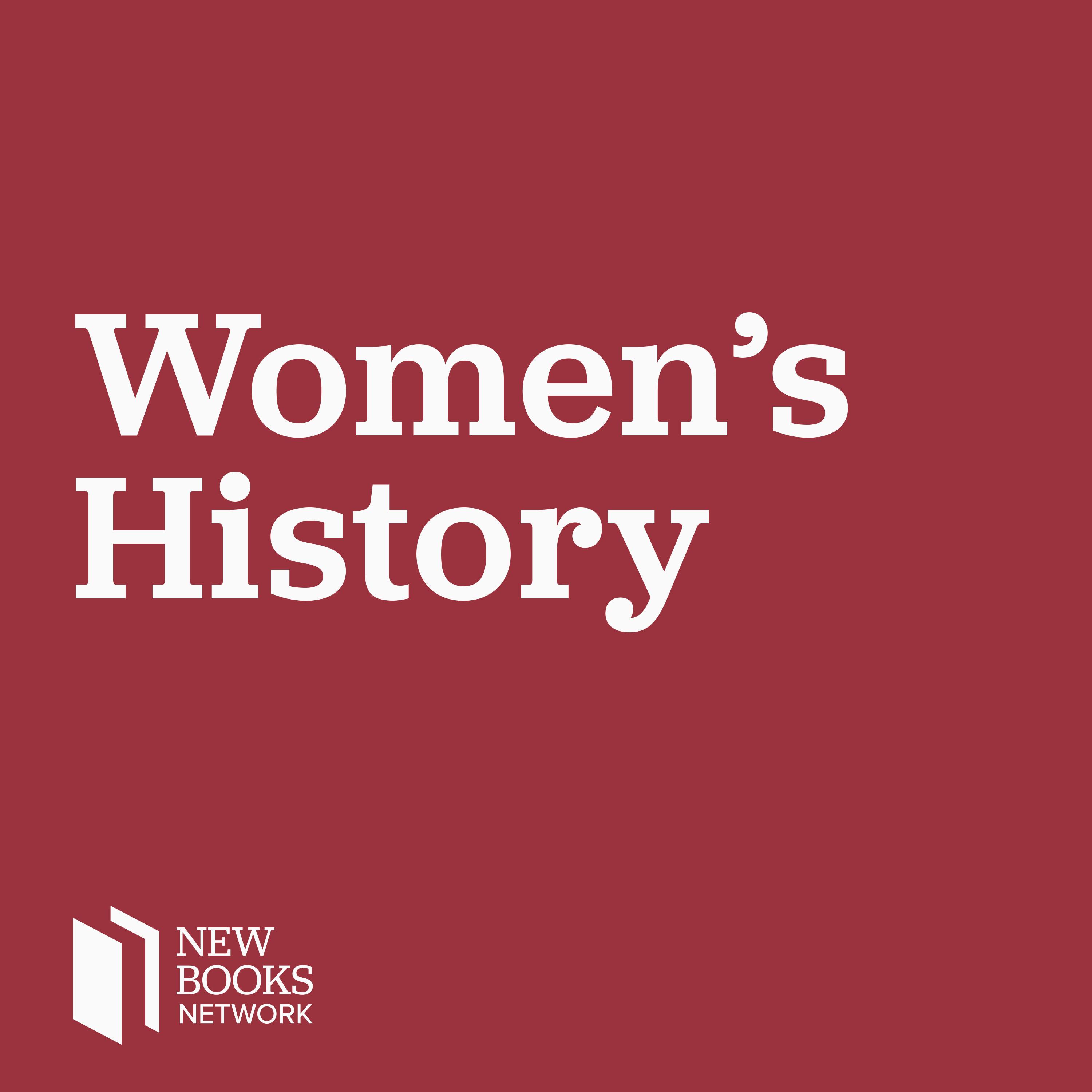Eve Dunbar, "Monstrous Work and Radical Satisfaction: Black Women Writing Under Segregation" (U Minnesota Press, 2024)
Description
Monstrous Work and Radical Satisfaction: Black Women Writing Under Segregation (U Minnesota Press, 2024) offers new and insightful readings of African American women's writings in the 1930s-1950s, illustrating how these writers centered Black women's satisfaction as radical resistance to the false and incomplete promise of liberal racial integration. Eve Dunbar examines the writings of Ann Petry, Dorothy West, Alice Childress, and Gwendolyn Brooks to show how these women explored self-fulfillment over normative and sanctioned models of national belonging.
Paying close attention to literary moments of disruption, miscommunication, or confusion rather than ease, assimilation, or mutual understanding around race and gender, Dunbar tracks these writers' dissatisfaction with American race relations. She shows how Petry, West, Childress, and Brooks redeploy the idea of monstrous work to offer potential modalities for registering Black women's capacity to locate satisfaction within the domestic and interpersonal.
While racial integration may satisfy the national idea of equality and inclusion, it has not met the long-term needs of Black people's quest for equity. Dunbar responds, demonstrating how these mid-century women offer new blueprints for Black life by creating narrative models for radical satisfaction: Black women's completeness, joy, and happiness outside the bounds of normative racial inclusion.
Learn more about your ad choices. Visit megaphone.fm/adchoices
More Episodes
Published 10/27/24
A colourful account of women's health, beauty, and cosmetic aids, from stays and corsets to today's viral trends.
Victorian women ate arsenic to achieve an ideal, pale complexion, while in the 1790s balloon corsets were all the rage, designed to make the wearer appear pregnant. Women of the...
Published 10/26/24
In the tense years of the early Cold War, American and Soviet women conducted a remarkable pen-pal correspondence that enabled them to see each other as friends rather than enemies.
In a compelling new perspective on the early Cold War, prizewinning historian Alexis Peri explores correspondence...
Published 10/24/24


